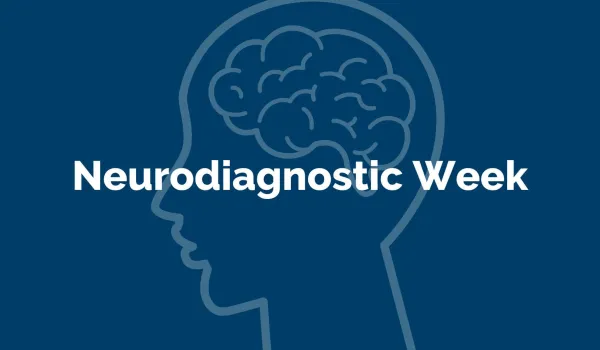Concorde Staff

Welcome to October - Health Literacy Month! We have more information available to us than ever, but do people really know what those different cholesterol numbers mean, or what healthy blood pressure is? Health Literacy Month is an opportunity to remind us that the more we understand about our own health, the better health we can enjoy.
According to the Centers for Disease Control (CDC), health literacy is something we all need in order to remain healthy. But being able to read well and comfortably interact with numbers is not a guarantee that a person has good health literacy.
- Health literacy means that people are familiar with medical terms and how their bodies work.
- Health literacy means that people know how to interpret statistics and evaluate the risks and benefits of everyday things that can affect their safety.
- People show low health literacy when they react to a serious illness with fear and confusion instead of an understanding of the diagnosis and the health condition and treatment options.
- Good health literacy means a person is better able to cope with diagnoses and treatments that require fairly complicated care for themselves or loved ones.
WHY IS IT IMPORTANT TO BE HEALTH LITERATE?
In a report issued by Health.gov, people who have health literacy problems are more likely to skip important preventative measures. Examples include women who skip mammograms and Pap smears and patients who skip flu shots. People who struggle with health literacy also enter the health care system after they are iller than those who realize they need help and go for help sooner.
People with limited health literacy are also more likely to have chronic conditions and after they are diagnosed with those conditions, they do not appropriately treat their medical problems. Patients with high blood pressure, diabetes, asthma, or HIV/AIDS with limited health literacy are not as capable of managing their health problems. This makes those people more susceptible to complications.
ACHIEVING A HEALTH-LITERATE SOCIETY
There are many things a person can do to improve their own health literacy. One of the more important things an individual can do is improve communication with their own doctor.
Make a list of symptoms or concerns prior to an appointment. Also, bring an accurate list of medications, the dosage, and whether generic or not so the doctor understands what he or she is dealing with.
When communicating with a doctor or pharmacist, ask them to repeat what they say, but in easier to understand terms. For example, the doctor may say "negative," and you think it's something bad, but in the doctor's mind, he just said something was normal. Repeat what the doctor says back in "real" language until you are confident you understand what you were told, and the doctor is confident you really understand things.
Learn about any specific health risks where you live. If a bird dies of West Nile Virus, investigate what this is and how likely it is to occur in humans. Understanding a health issue and being able to give accurate information to others makes you not only literate, but you are improving other people's health literacy too.
Celebrate Health Literacy Month in October by understanding more about your own health. Then take charge, including doing smart things to prevent problems with your health by eating right, getting appropriate exercise and focusing on health literacy.
Increase health literacy for yourself and the patients you help treat through the hands-on education you receive at Concorde Career College. Explore our programs in Health Information Management and others with one of our career counselors to get started today.

Take The Next Step Towards a Brighter Future
We have a Concorde representative ready to talk about what matters most to you. Get answers about start dates, curriculum, financial aid, scholarships and more!



